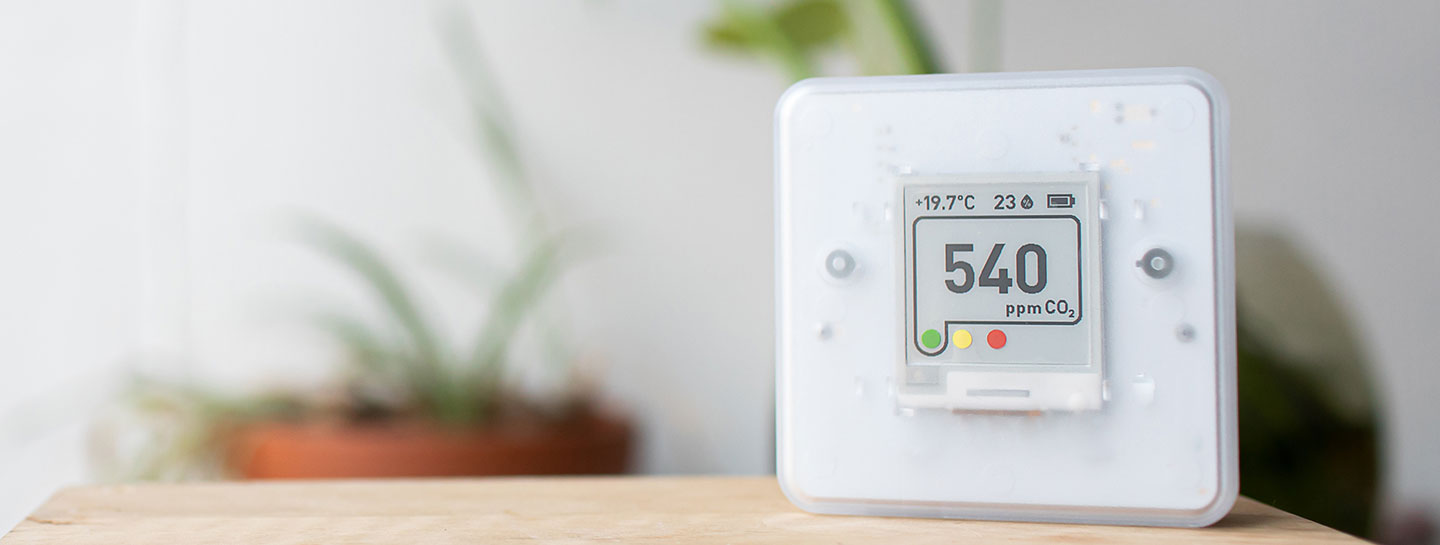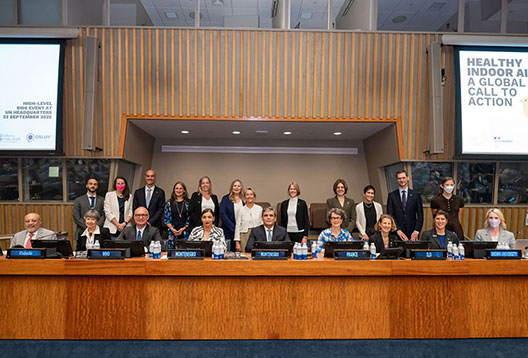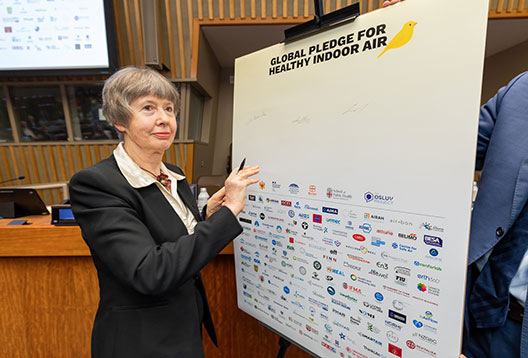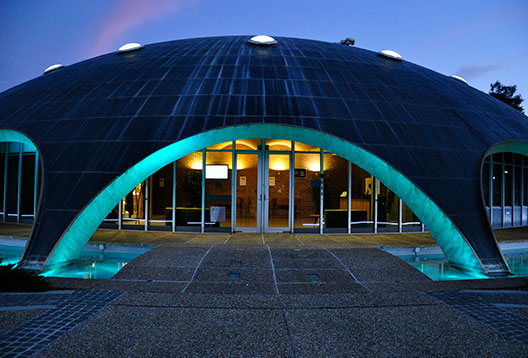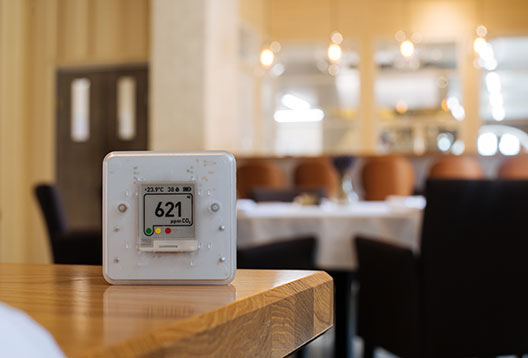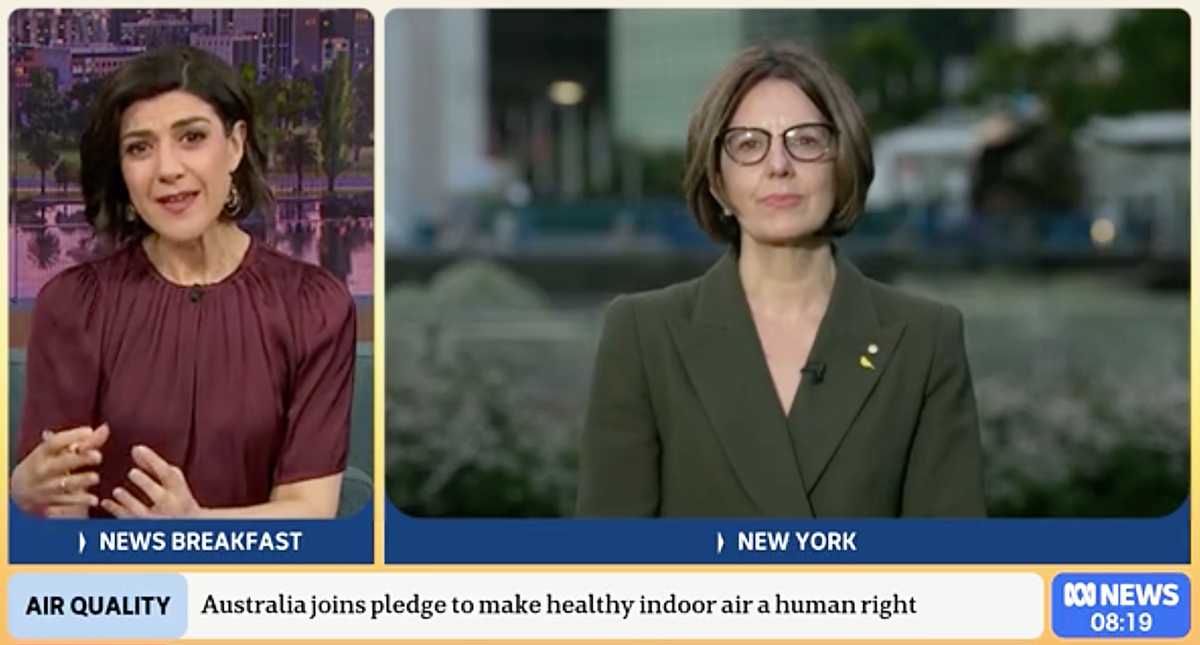Everyone is impacted by poor indoor air quality – from pollutants to pathogens that make us sick.
We spend 90% of our time indoors, but we don't routinely monitor the quality of the air inside our buildings.
Indoor air pollution contributes to respiratory disease (including asthma and lung cancer), heart disease, infectious disease transmission, and cognitive impairment, in addition to potential impacts from carcinogens.
The bushfires in Australia and the COVID-19 pandemic unambiguously revealed how essential effective indoor ventilation and filtration is for reducing exposure to air pollution and minimising the spread of contagions.
